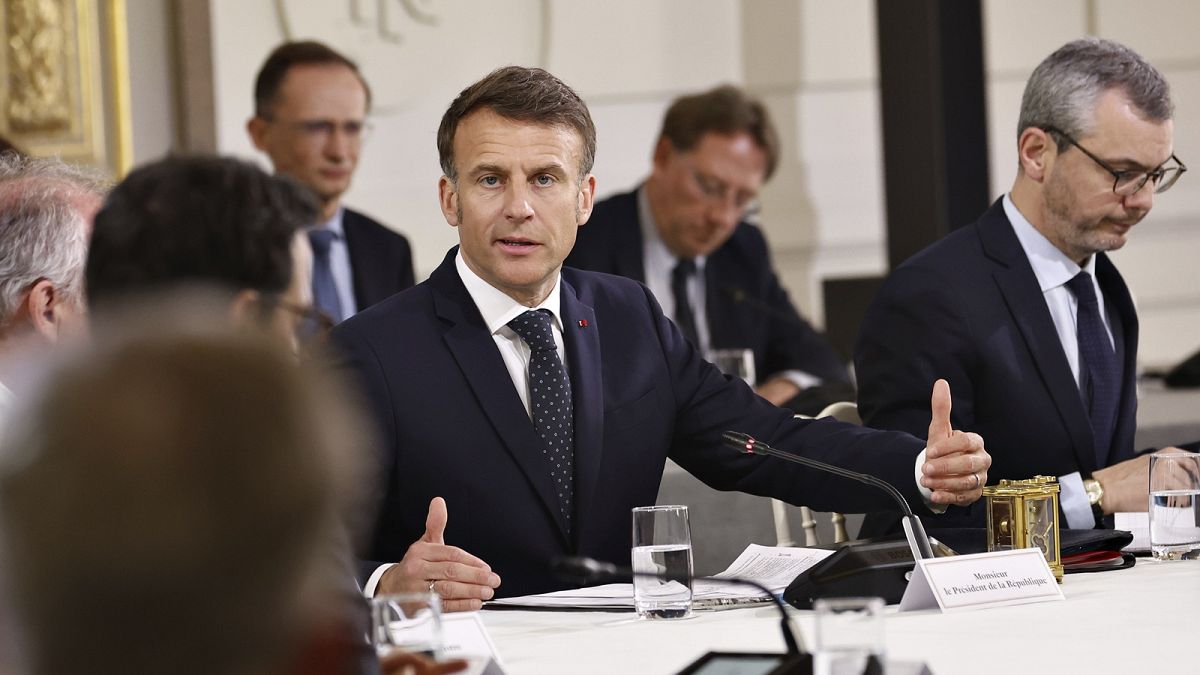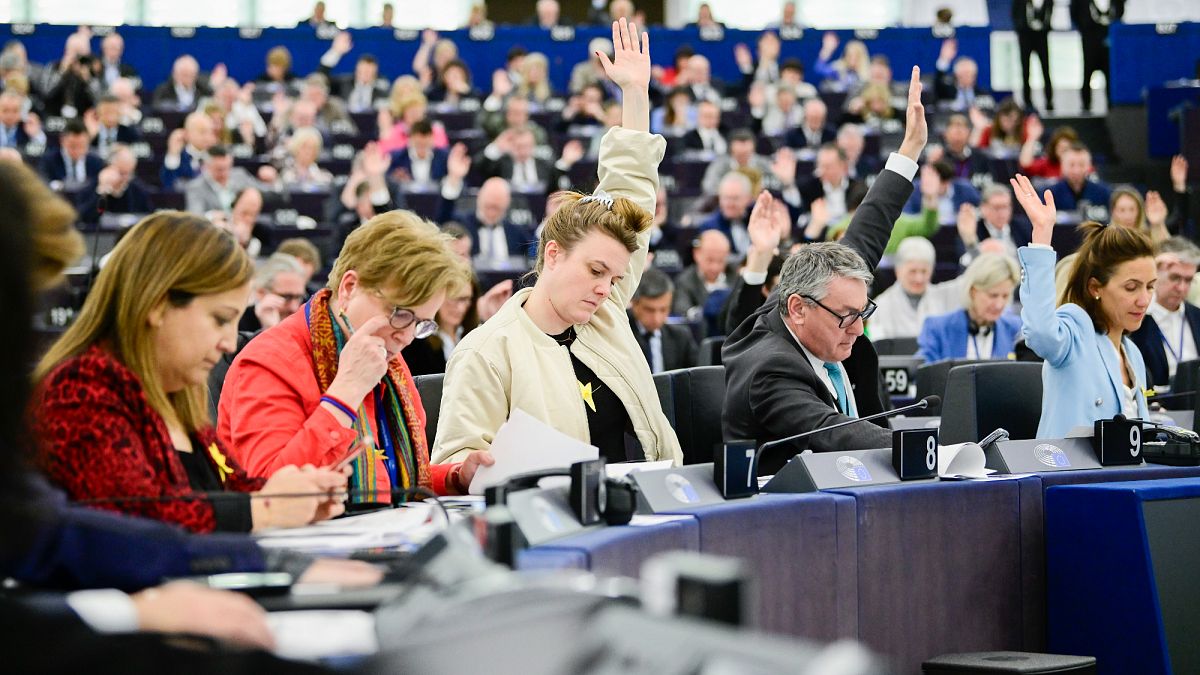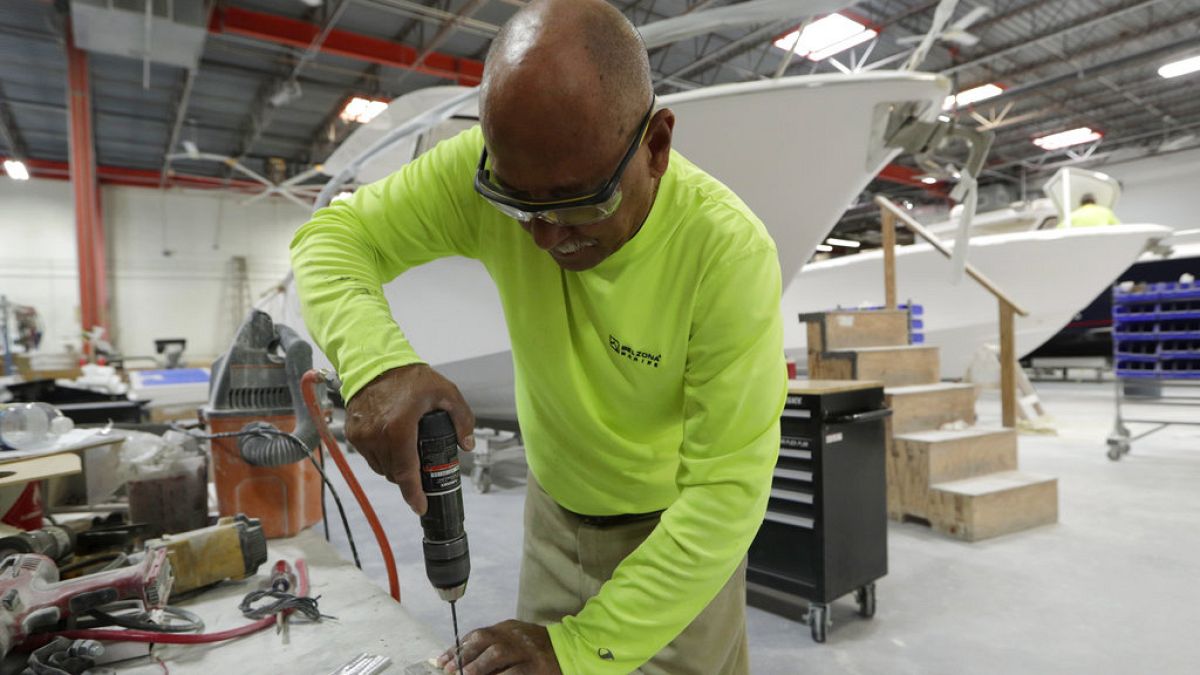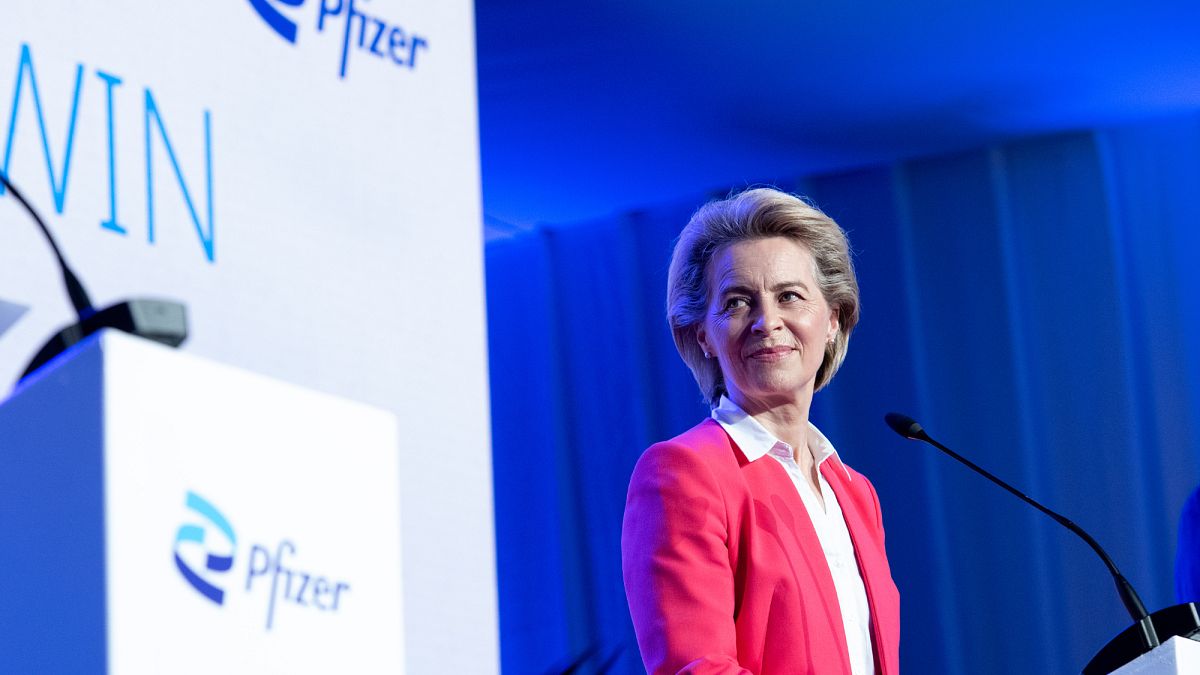A money laundering probe into the former European Commissioner could drag on for weeks or months – and it’s unclear whether he benefits from legal immunity.
News that the Belgian police have raided addresses linked to Didier Reynders has sent a shockwave through Brussels.
Reynders was, until Sunday, responsible for the European Commission’s justice department, which deals with the rule of law, judicial cooperation and the European Public Prosecutor’s office.
Media including Follow the Money and Belgian newspaper Le Soir said police waited for the end of his five-year term to prevent their inquiries getting gummed up by his status as an EU commissioner – but the legal situation doesn’t appear crystal clear.
Euronews has attempted to reach out to Reynders for comment, who has not been charged and is presumed innocent.
What is immunity?
EU officials benefit from a form of diplomatic protection from legal cases – which can be very strong, especially for members of the European Parliament.
Italy’s Ilaria Salis was recently released from pre-trial detention in Hungary after winning a seat in June's EU elections.
European Commissioners also enjoy protection from legal probes – but it’s limited, a Commission spokesperson said on Tuesday.
“They benefit from immunity for acts performed by them in their official capacity, so it’s a functional immunity,” spokesperson Balazs Ujvari said.
Commissioners "continue to benefit from this kind of immunity even when they are former members,” Ujvari said, adding that a decision to lift immunity requires a decision by the 27 Commissioners.
Political waves
If so, it’s unclear that anything changed about Reynders’ legal status on Sunday – though it may be that prosecutors are acting out of an abundance of caution.
But the curious timing is already raising political questions.
"If this is serious, and there are serious accusations, then I don't understand why the authorities waited for the immunity to lapse ... they should have requested the lifting of the immunity much earlier rather than letting this run,” MEP Daniel Freund (Germany/Greens) told Euronews.
“It is the commissioner responsible for justice and the rule of law, so if he is implicated in money laundering or illegal activity, that would be a particular blow,” Freund added.
The allegation is that Reynders bought lottery tickets for several years, depositing the resulting, now laundered, profits into his personal account.
But it’s not clear where prosecutors believe those original funds originally came from, and whether they might have been related to his functions as a commissioner, or Belgian minister.
“I assume that the investigators will apply that [immunity] procedure anyway, to avoid problems if it turns out” that the original funds in some way related to his official duties, Frank Verbruggen, a Professor at the Institute of Criminal Law at KU Leuven University, told Euronews in an email.
While it’s hard to assess at this early stage, “it may have been a tactical choice [by prosecutors] to wait until he left EU office,” since a request for waiving immunity might have offered an unwelcome tip-off to those involved, Verbruggen added.
The investigation also relates in part to a period when Reynders was federal minister, Le Soir has alleged, and so further legal proceedings could require permission from Belgium’s parliament.
The Belgian authorities’ caution may also be explained as the exact scope of EU immunity has been hotly contested in the courts, complicating legal proceedings.
An investigation into alleged money laundering by Greek MEP Eva Kaili was recently delayed after the judge asked for further information about whether monitoring by Belgian spies was lawful. Kaili has denied charges of involvement in a cash-for-favours scheme seeking to influence EU policymaking.
What happens now?
Investigators likely gathered significant evidence before confronting Reynders – but equally, he hasn’t been charged yet, suggesting there’s still not a clear-cut case, Verbruggen said.
Reynders will be asked to offer a convincing explanation of his actions, including where the money used to buy lottery tickets came from, the professor said.
Though the exact amount isn’t known, the fact that the transactions raised alarm bells with both the national lottery and the Belgian anti-money laundering centre suggests “it seems to be a lot of money involved, he added.
Reynders was the subject of corruption allegations in September 2019, shortly before he became Commissioner, in an inquiry concerning bribery in public procurement.
At a European Parliament hearing just weeks later, Reynders denied those allegations, which he described as a “vicious attack” designed to prevent him from becoming European Commissioner, and noted that prosecutors were not pursuing the allegations.
It’s unclear if the two cases are related.
But under Belgian law, seeking to conceal the source of criminal funds is a crime in itself; judges don’t need to determine exactly from underlying offence the proceeds came, Verbruggen said.
In any case, an outcome could be a long time away; Kaili’s case has already been going on for nearly two years.
Contacted by Euronews, a spokesperson for the Brussels prosecutor-general confirmed there was a case, but declined to give further details, adding it could be “weeks or months” until there are any formal developments.

 3 months ago
35
3 months ago
35






 We deliver critical software at unparalleled value and speed to help your business thrive
We deliver critical software at unparalleled value and speed to help your business thrive






 English (US) ·
English (US) ·